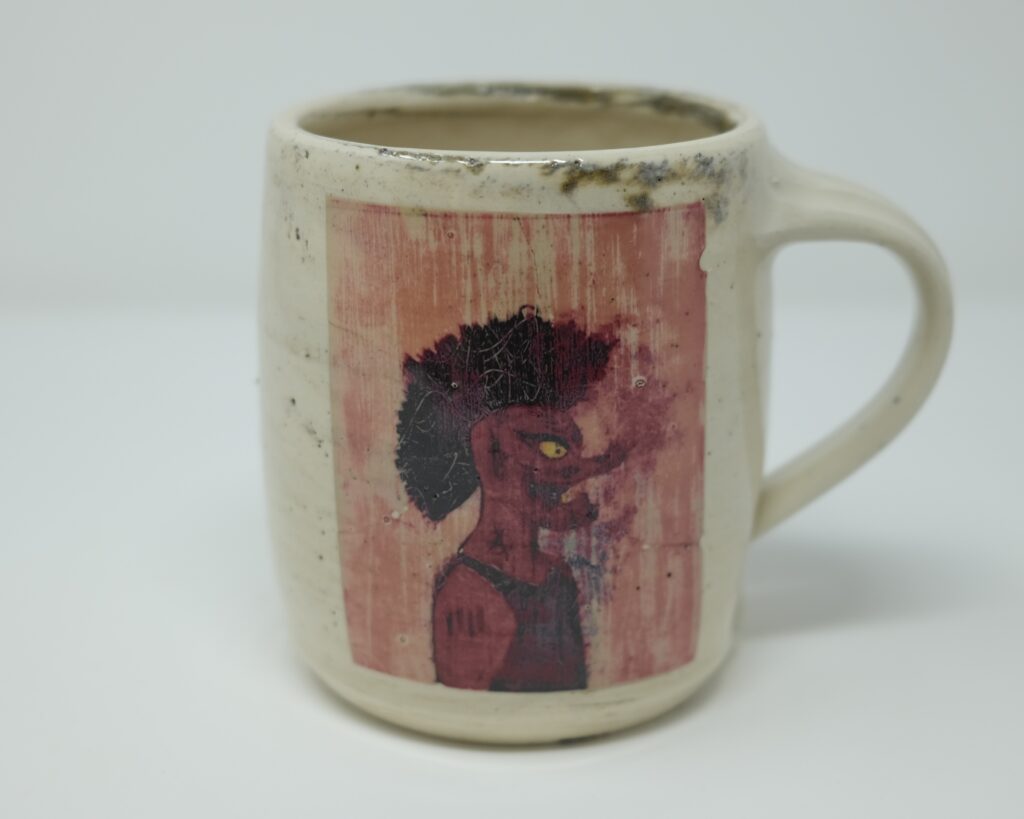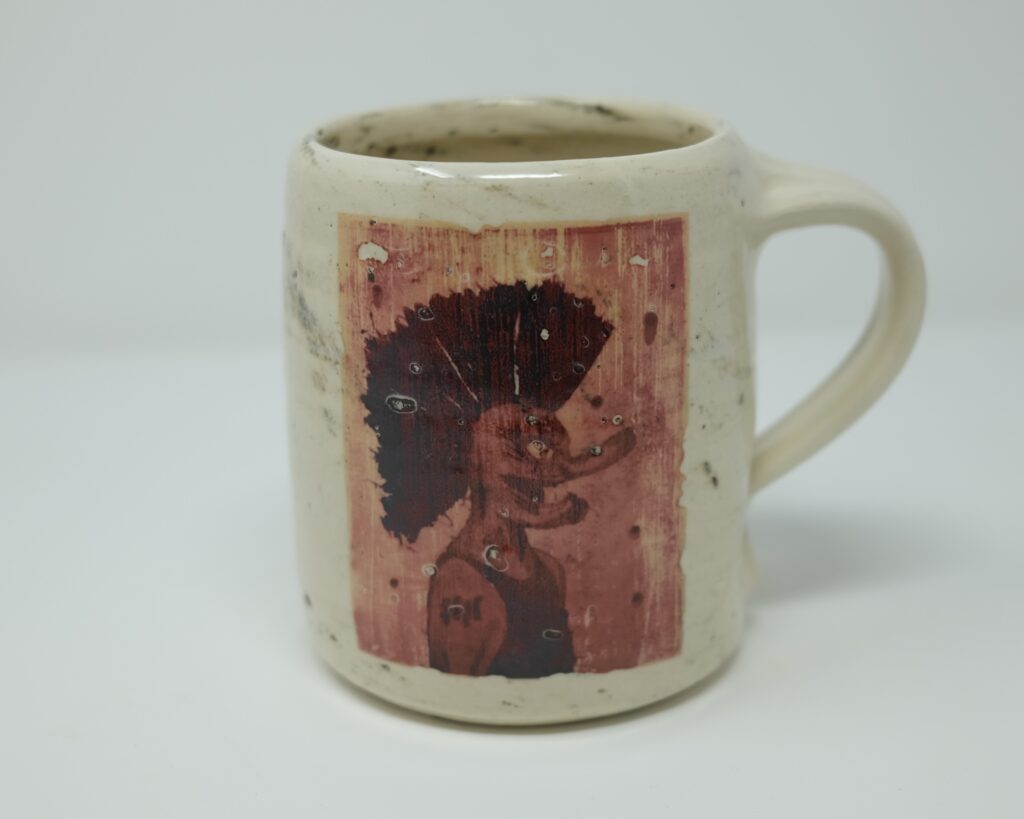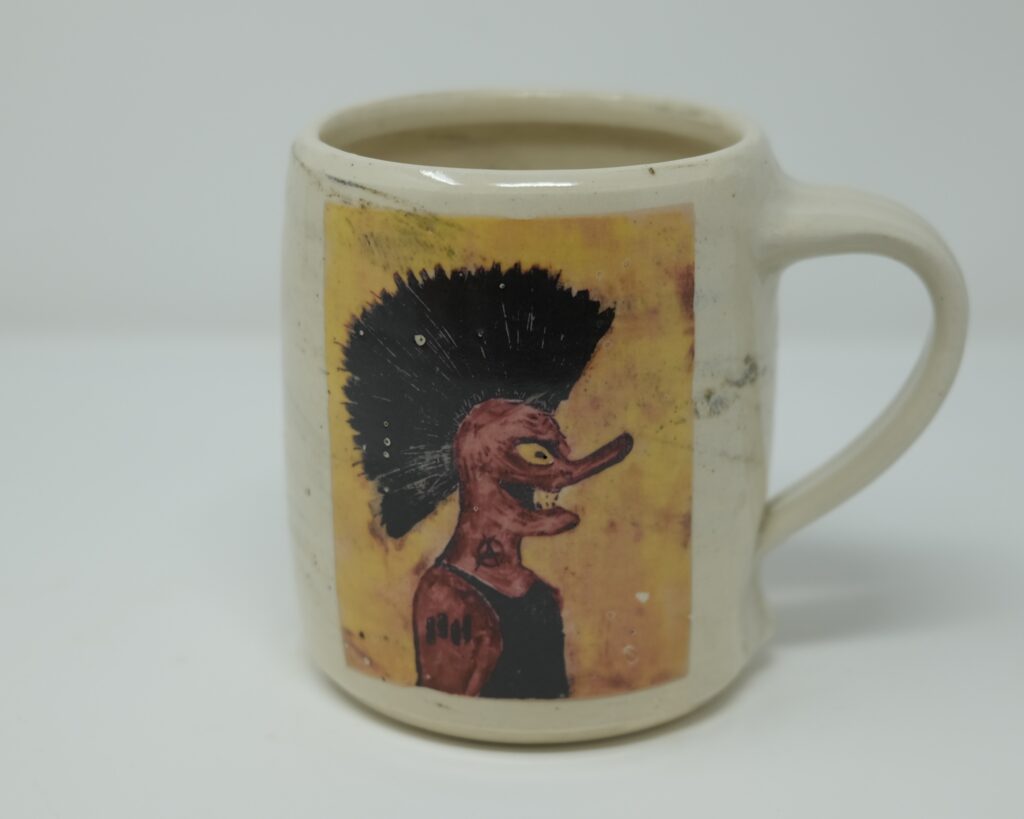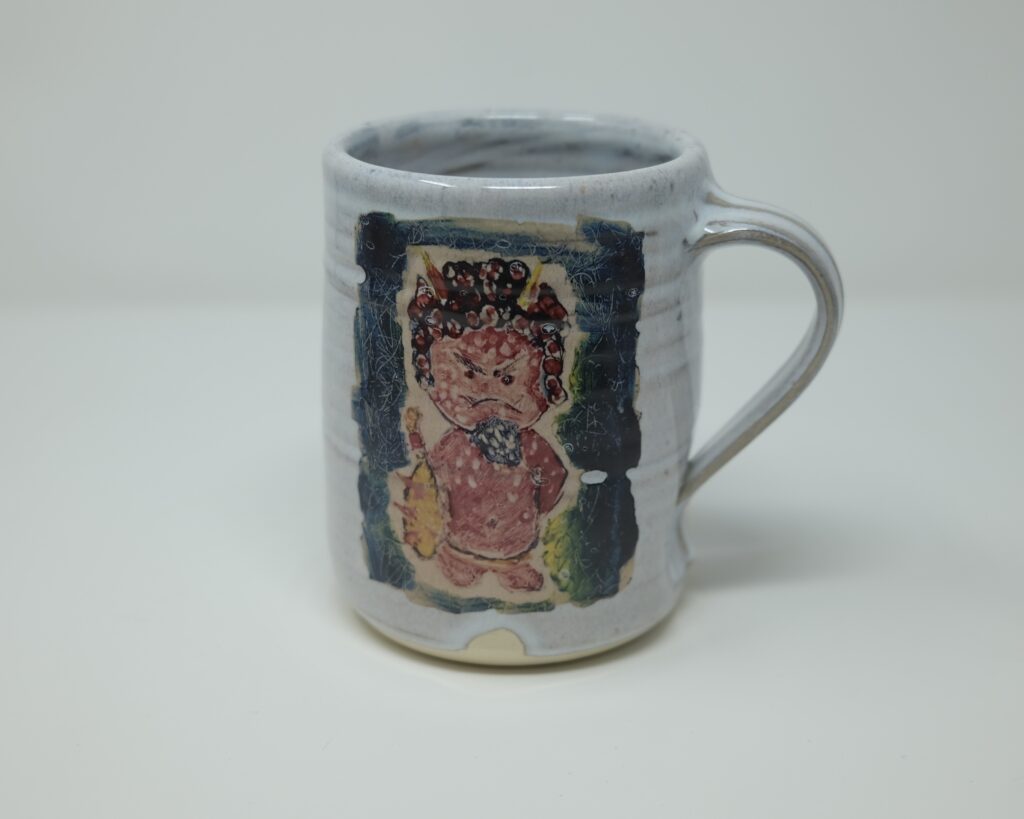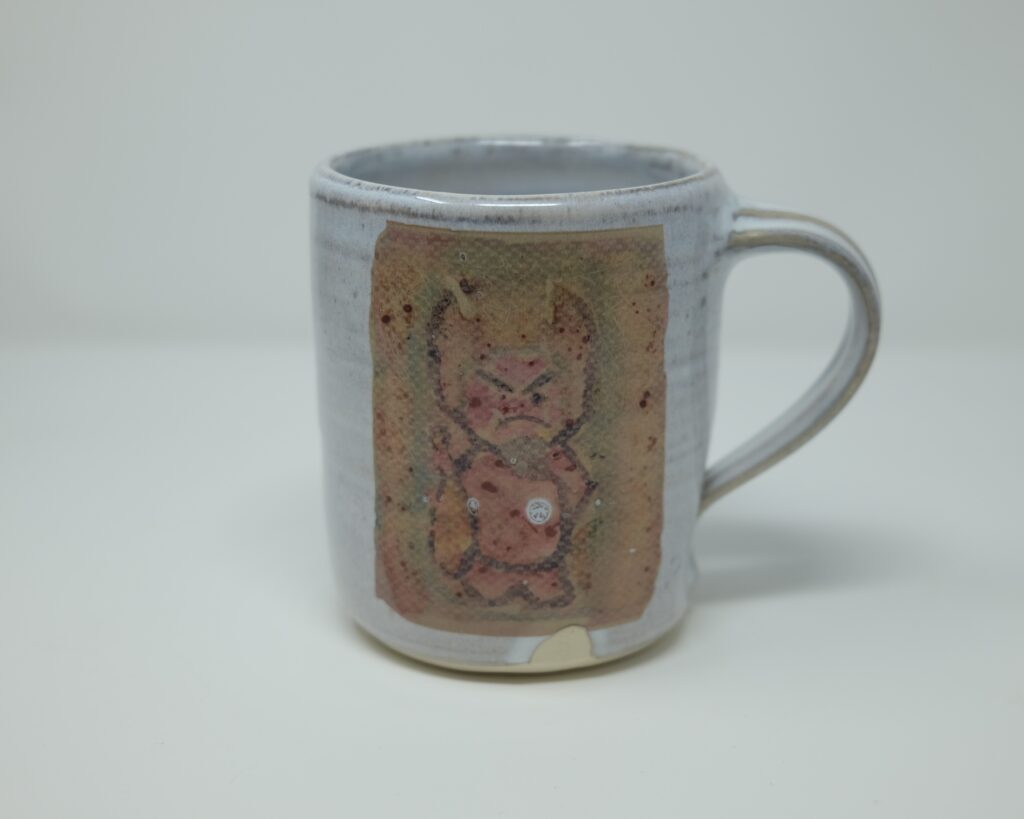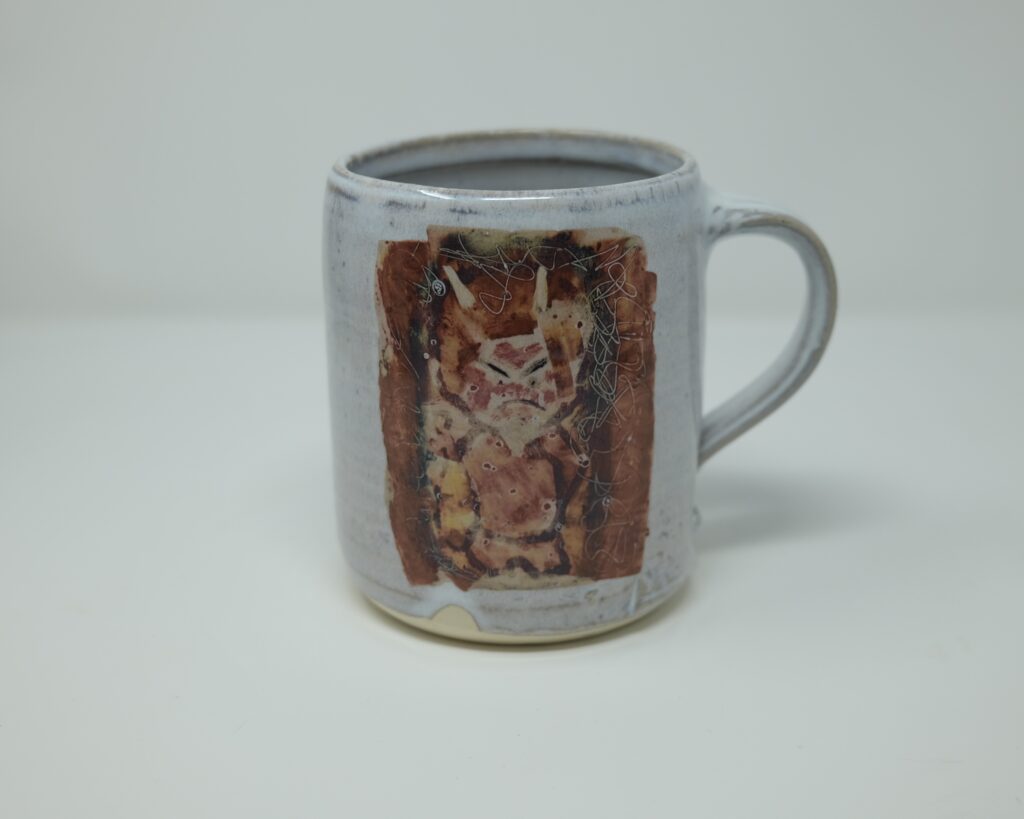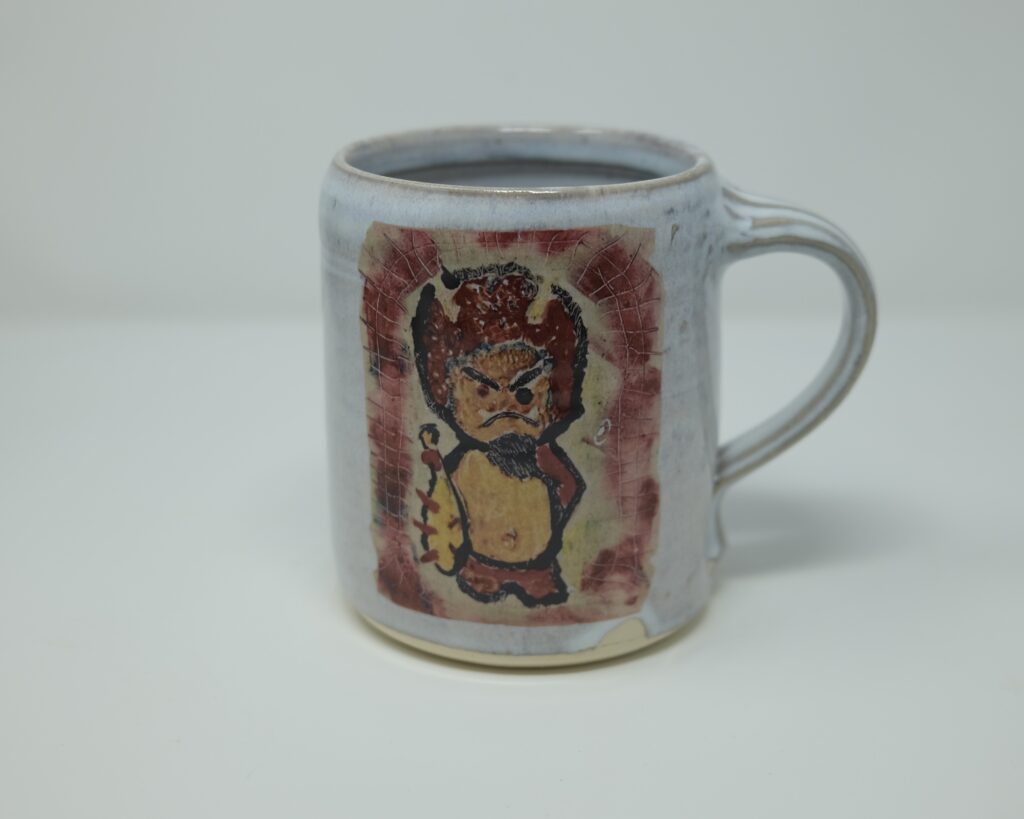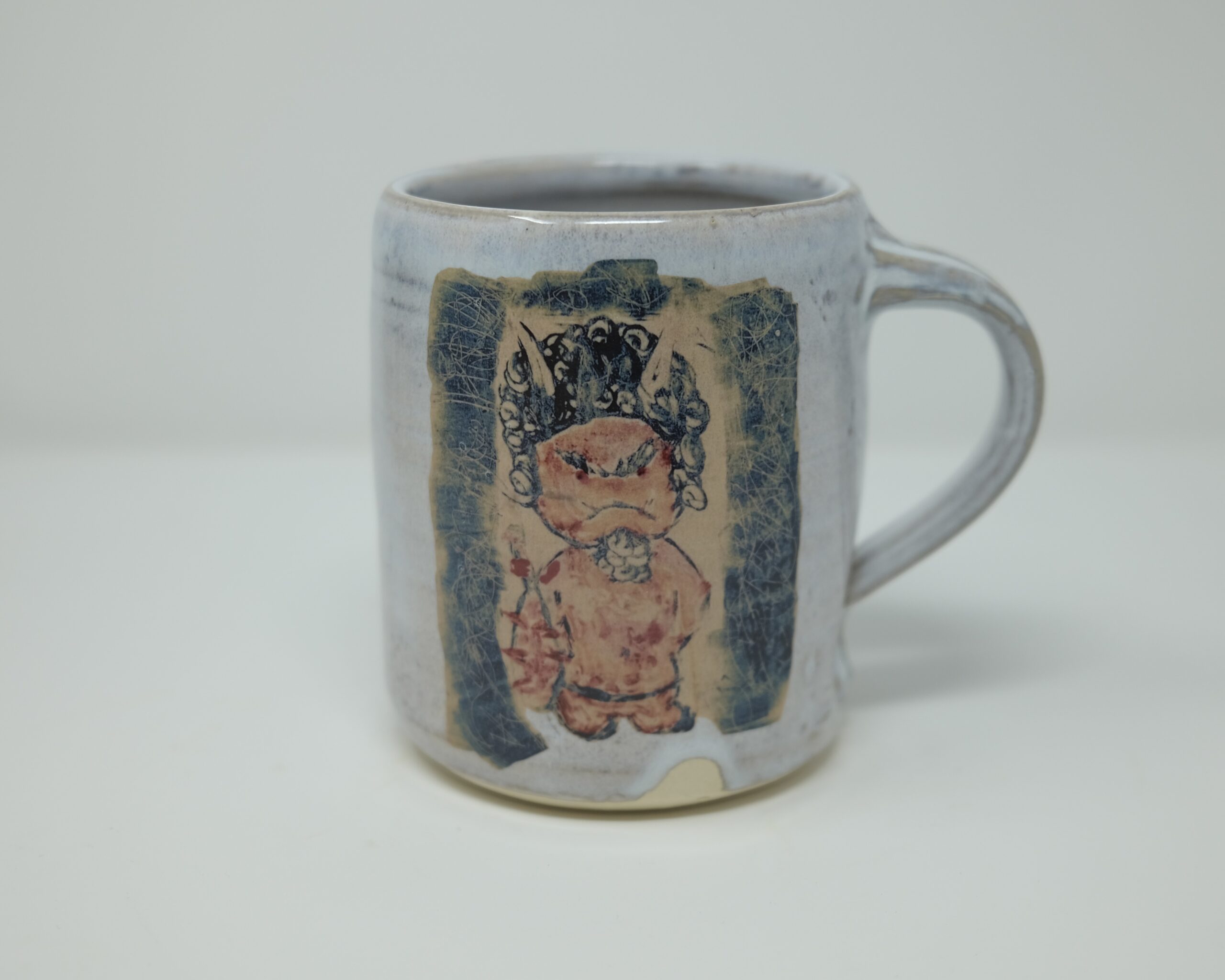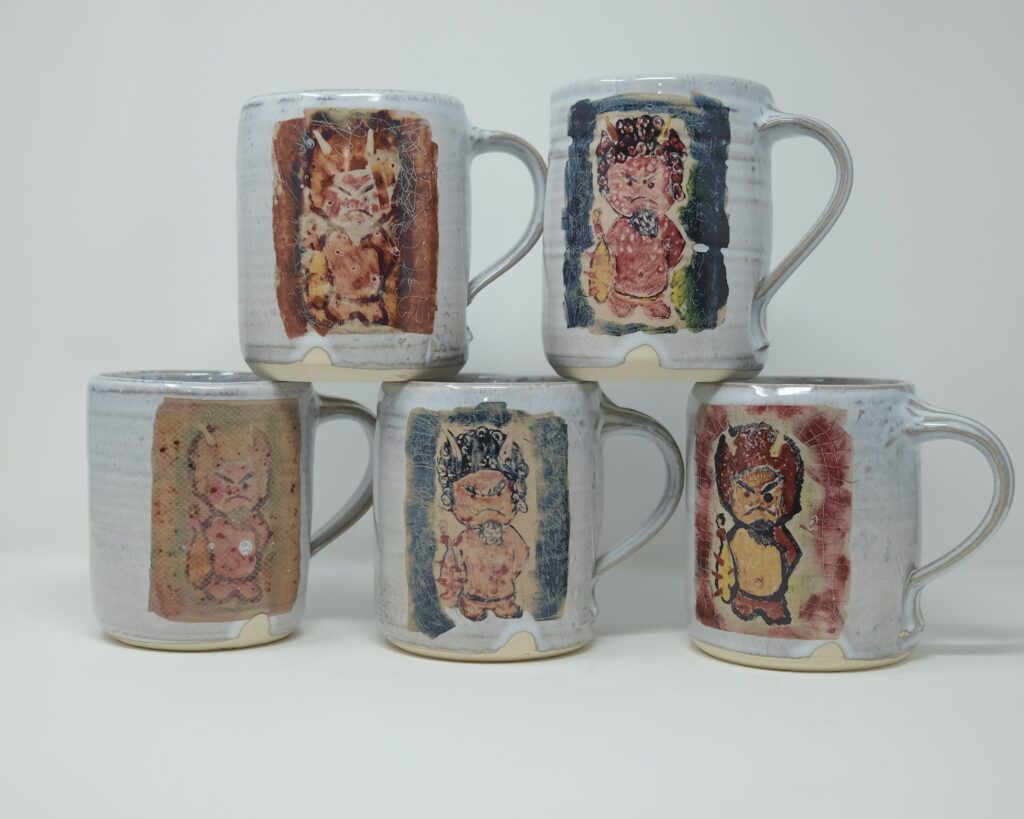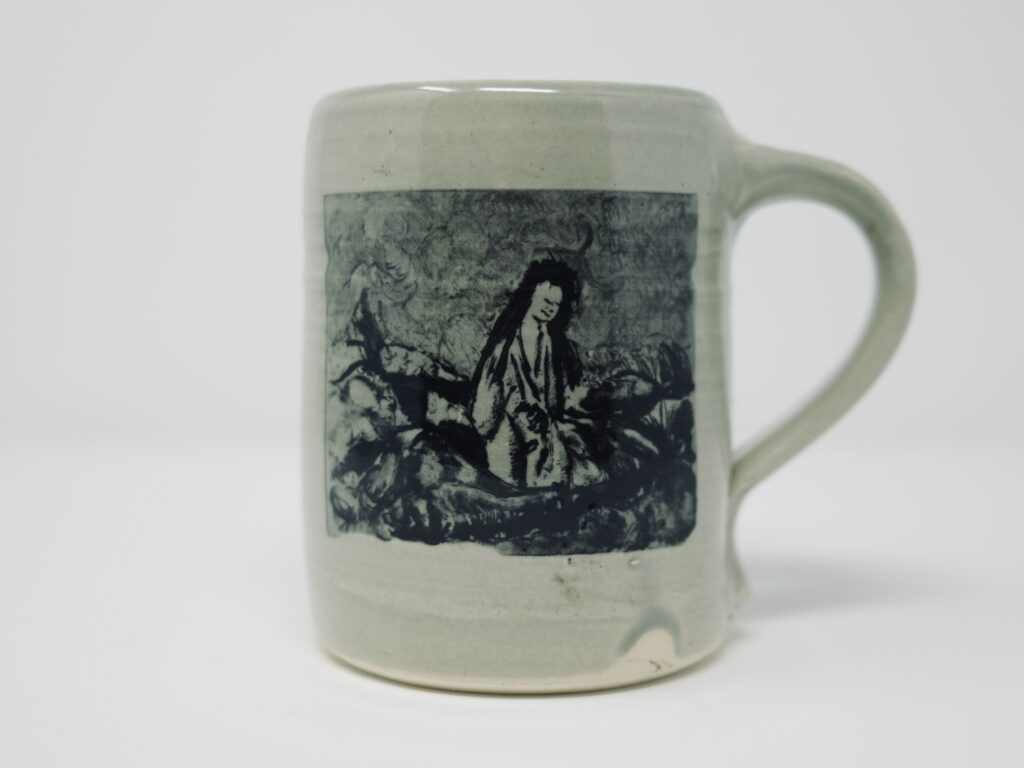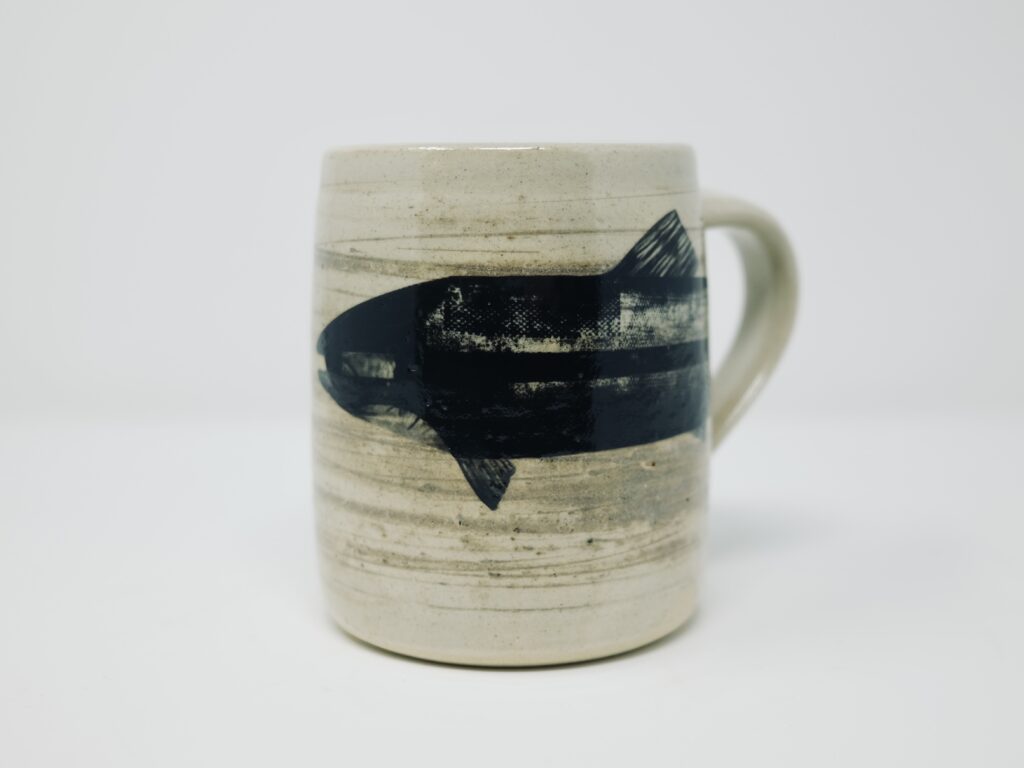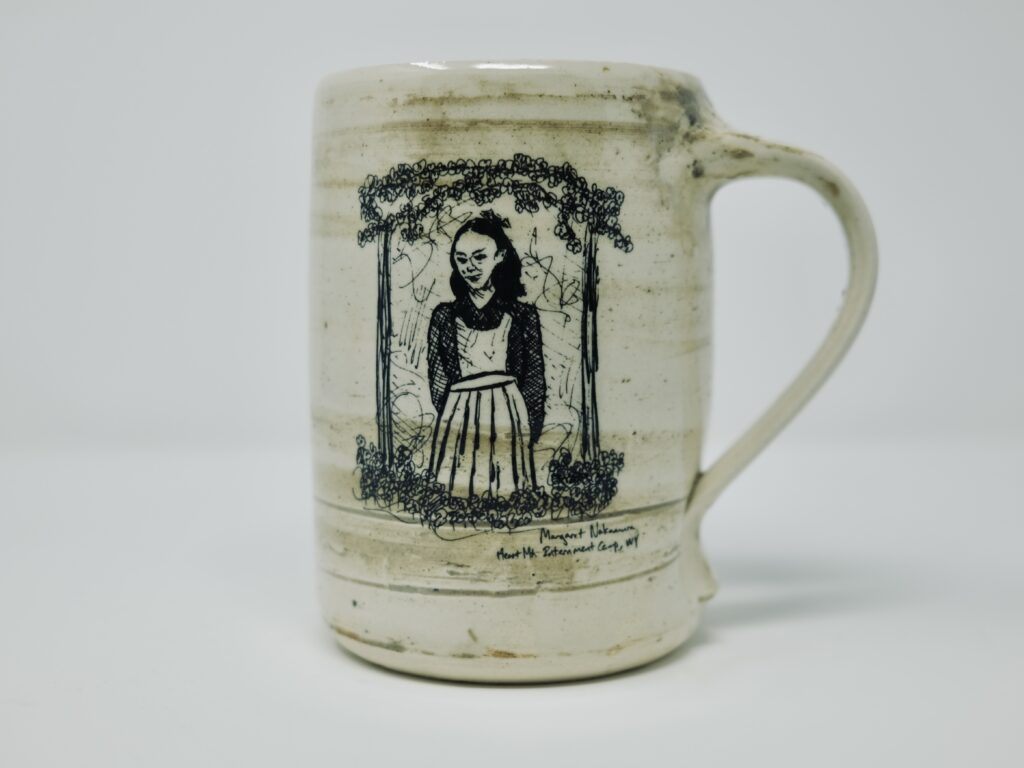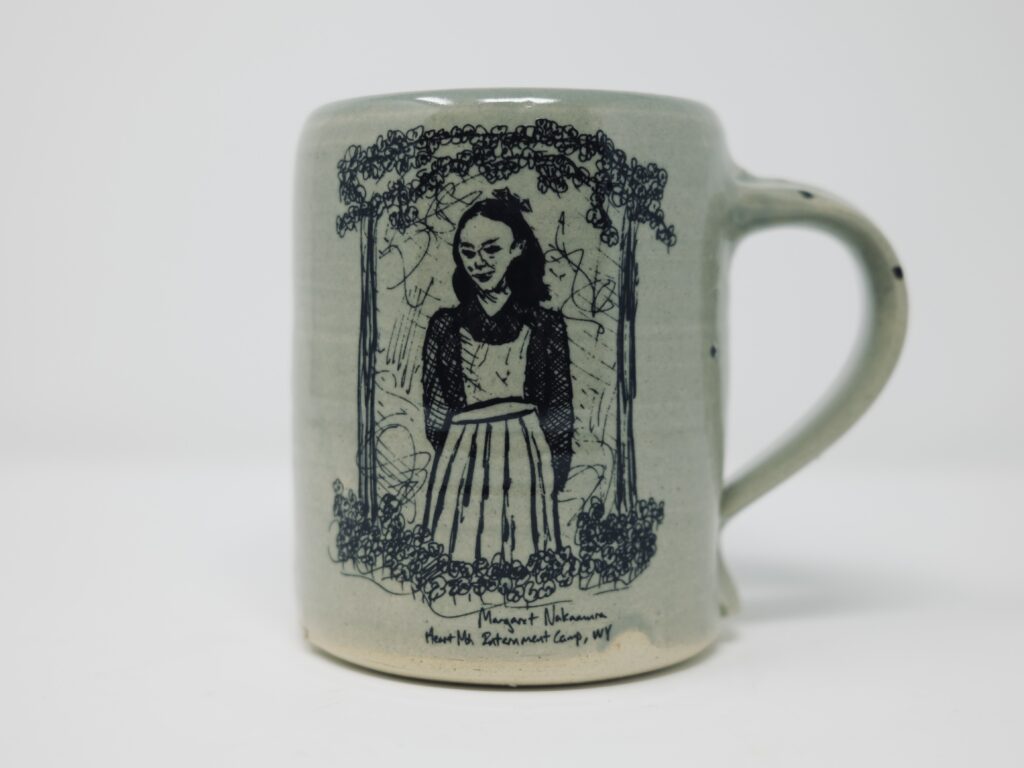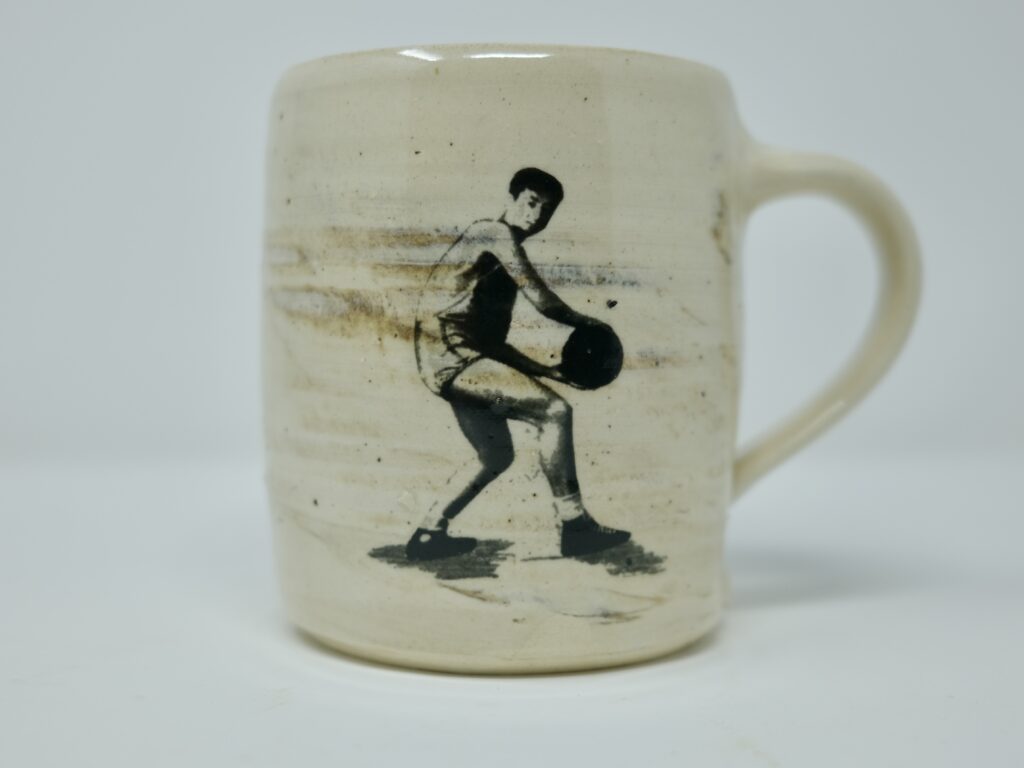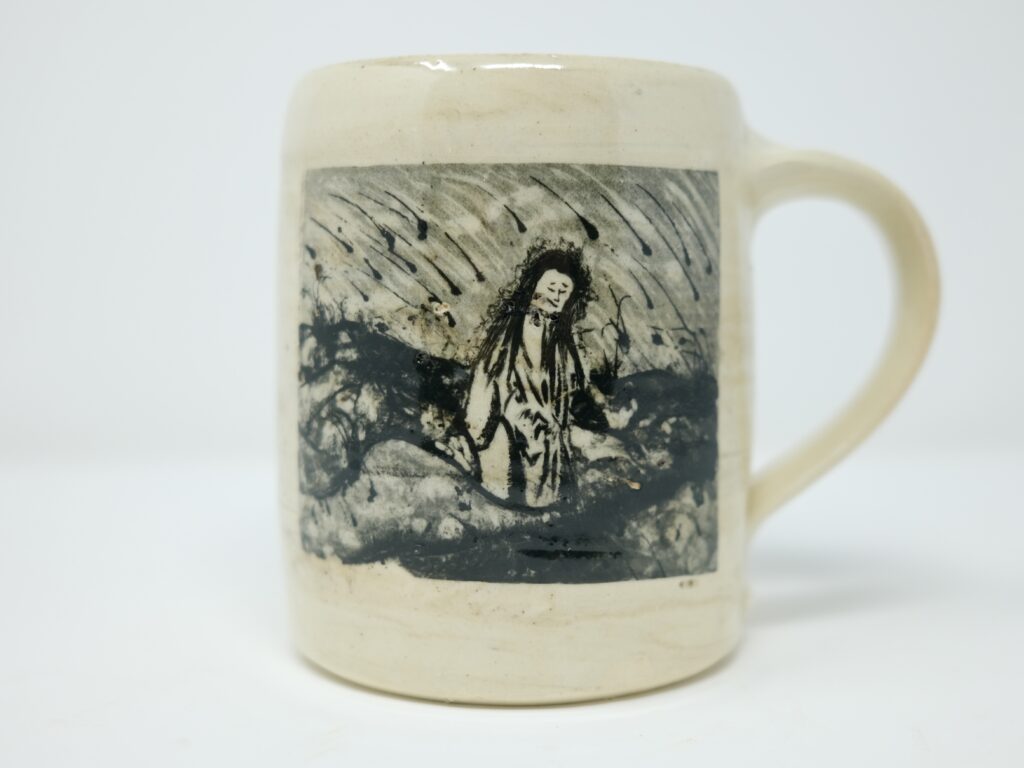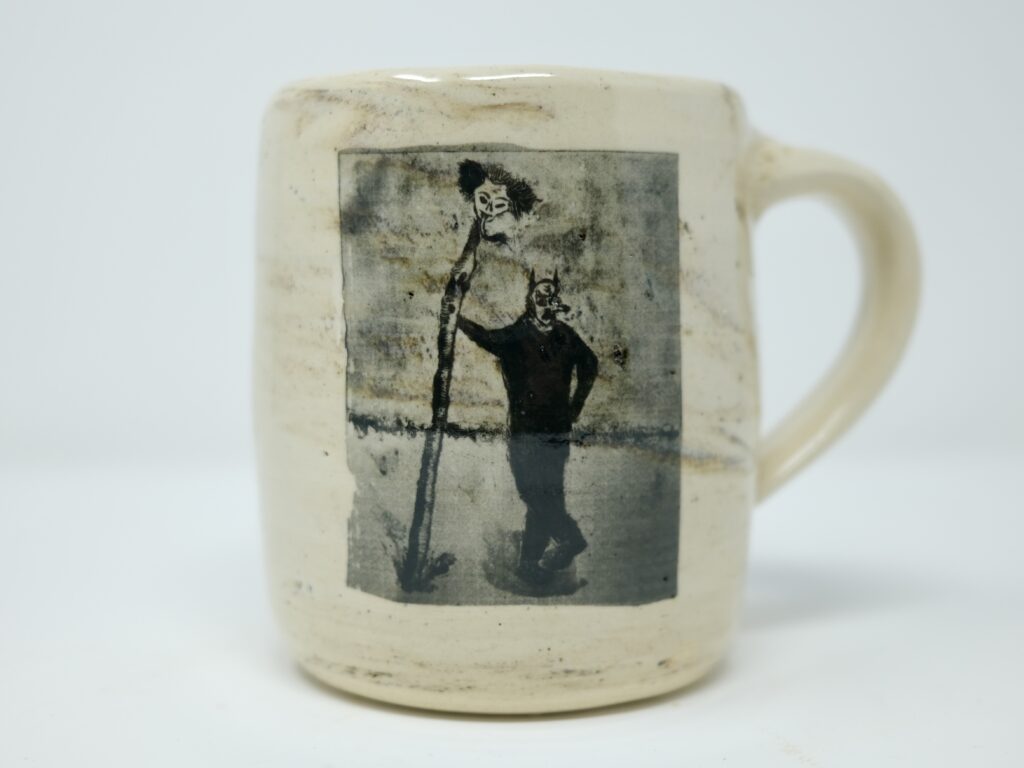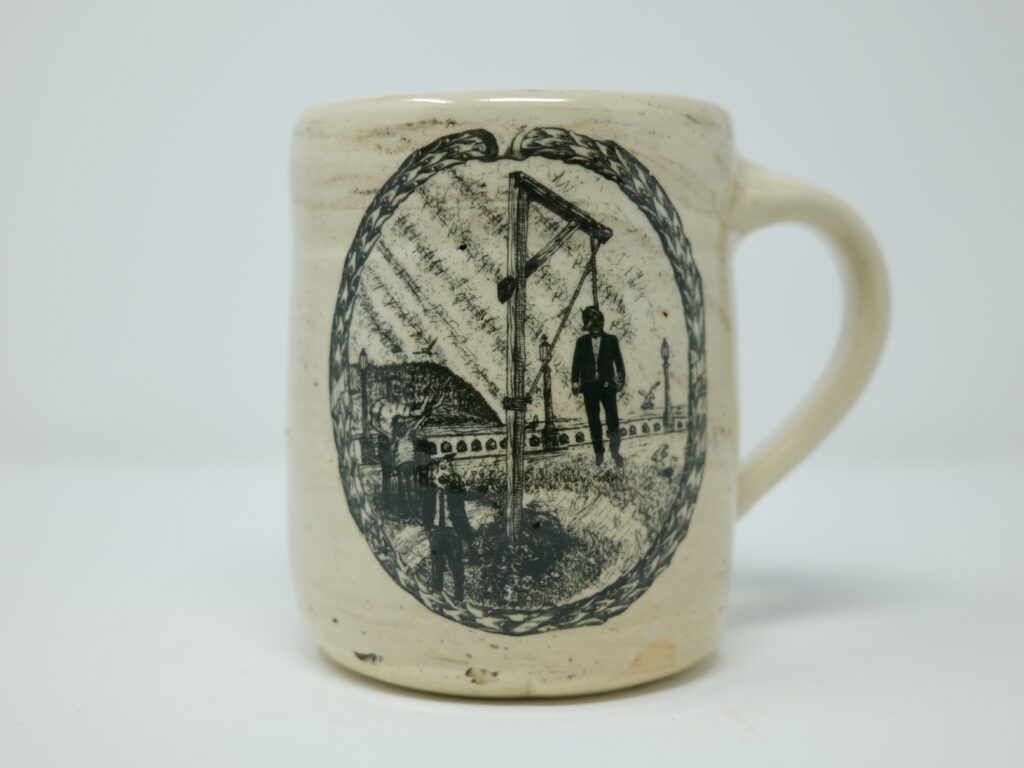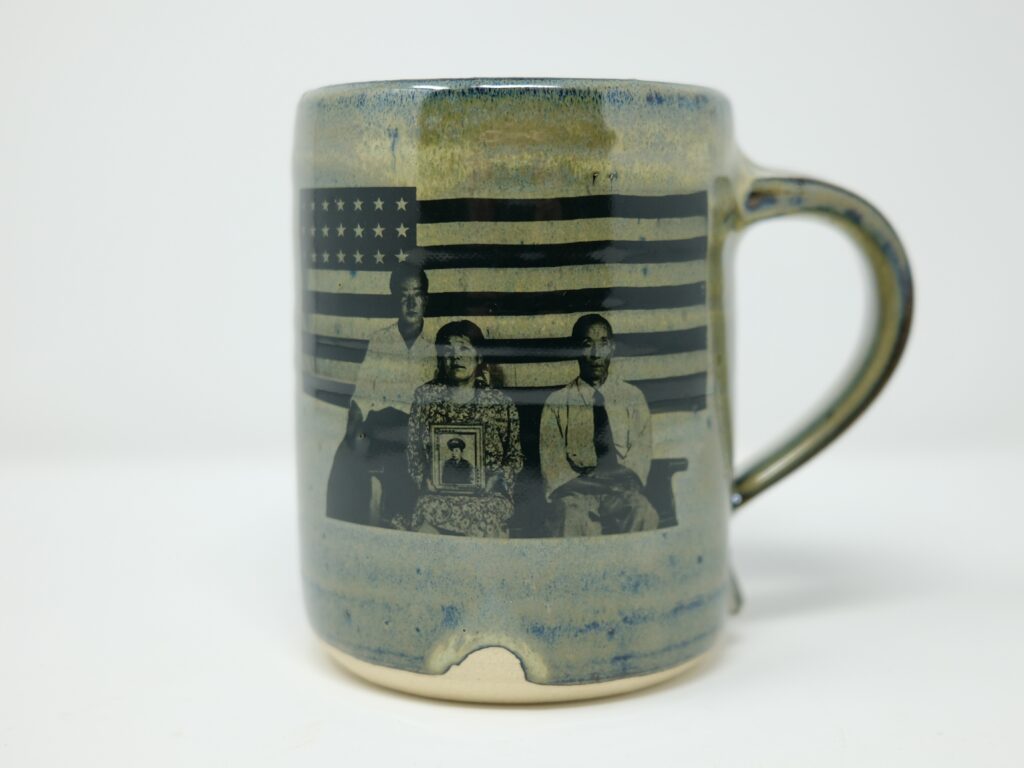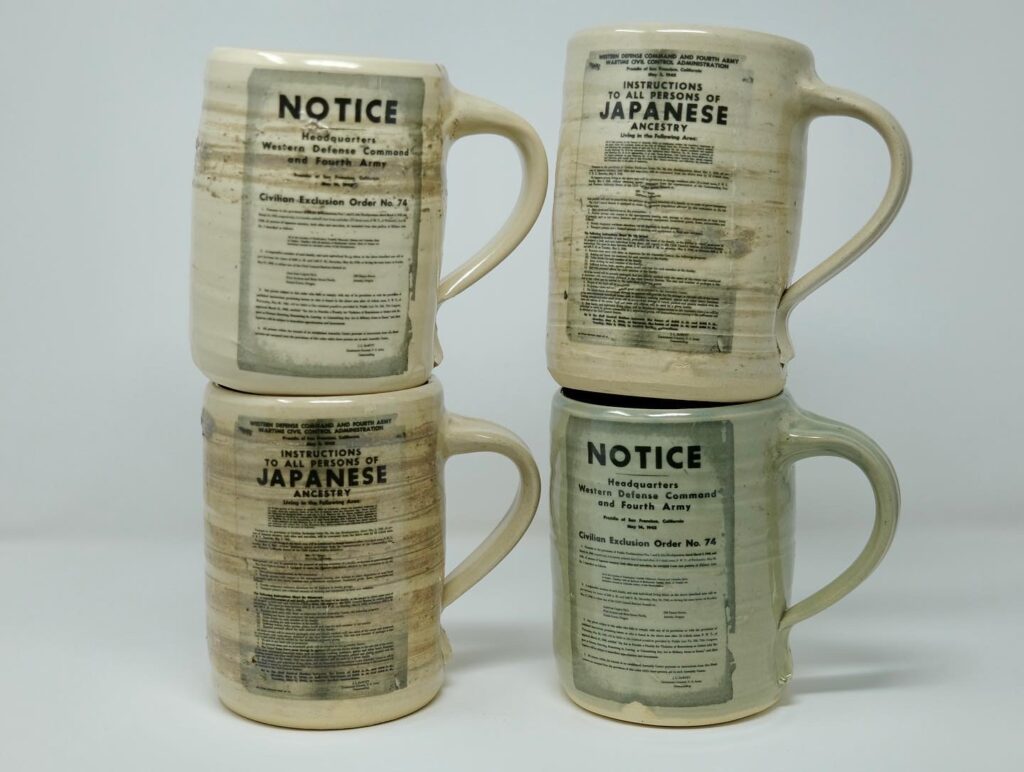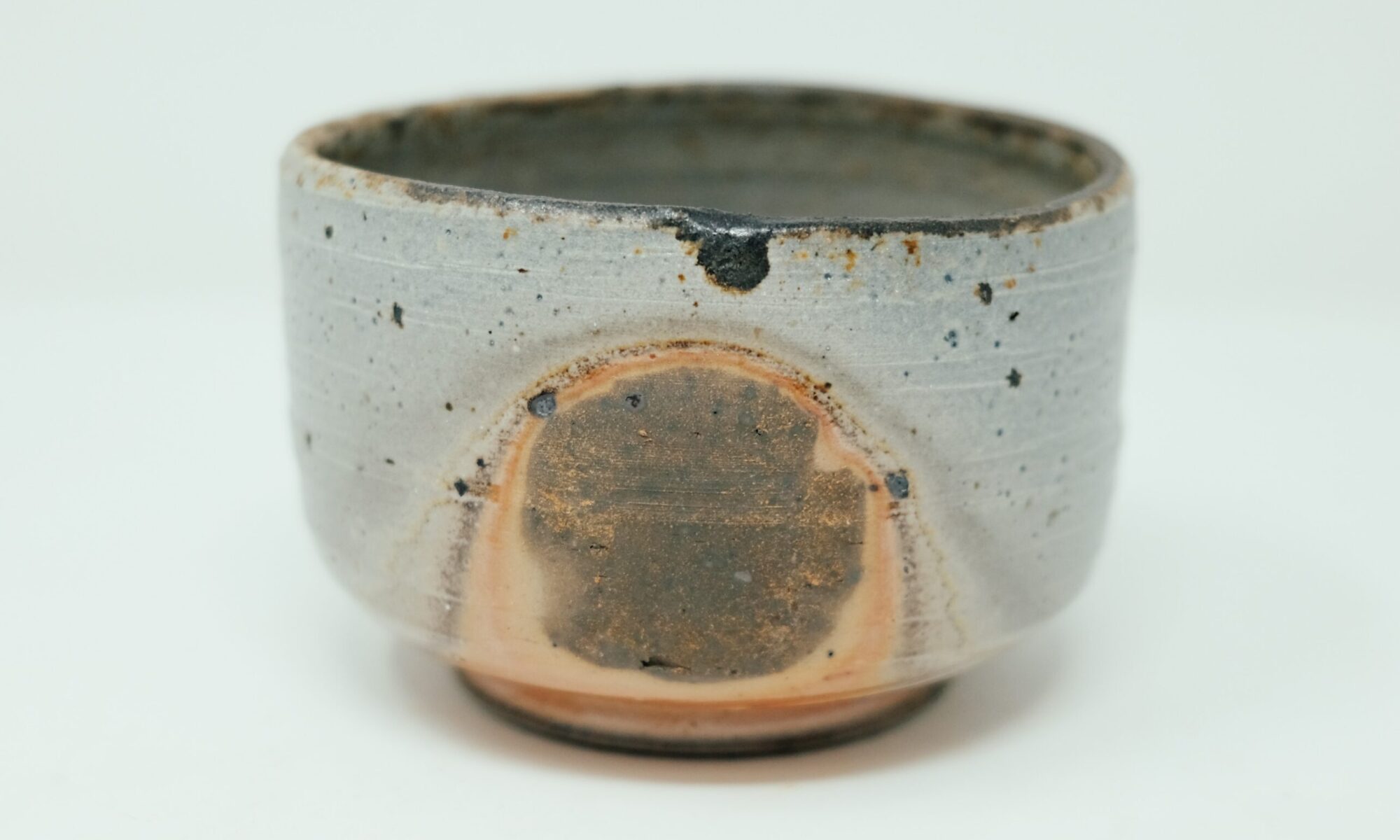A few months after the bombing of Pearl Harbor by Japanese forces, President Roosevelt signed Executive Order 9066, the intention being the prevention of espionage on the American West Coast. Military zones were created in California, Washington, Oregon and parts of Arizona, where it was considered to have the largest population of Japanese Americans. Executive Order 9066 forcibly removed Americans of Japanese ancestry from their homes. 120,000 people were forcibly replaced, the majority being American citizens. This imprisonment of Japanese Americans is considered one of the most appalling violations of American civil rights in the 20th century.
If I were alive in Clatsop County when the civilian exclusion order no. 74 was issued, I would have been forced out of my home and incarcerated at one of 10 prison camps. In Clatsop County, 60 Japanese Americans left Astoria on May 21, 1942. They were told to leave all their belongings behind and bring “only what you could carry.”
I believe studying history should help us all understand and contend with complex problems by examining how the past continues to shape relationships between people and society. In short, we should have learned something from what happened in the aftermath of the Pearl Harbor bombing, but have we?
The 9/11/2001 terrorist attacks on the United States brought in a new era of hate crimes and racism towards Muslim Americans. Over two decades later, Muslims still battle Islamaphobia. More recently, the impact coronavirus had in the United States exacerbated xenophobia, mostly towards people of Asian heritage. Have we learned anything from our past?
The work represented my tribute towards Asian American and Pacific Islander Heritage Month. I have intentionally used the mug form to bring a very personal representation of my Japanese American heritage. These mugs, through display of historical images and original digitized artwork, represent my commitment towards equality and justice. The larger mugs are visual metaphors representing the struggle of being told to bring “only what you can carry.” They are meant to be reminders of our past, never to be forgotten.
Part of every sale went to the Asian Pacific American Network of Oregon (APANO). The mission of the APANO is to unite Asians and Pacific Islanders to build power, develop leaders, and advance equity through organizing, advocacy, community development, and cultural work.
